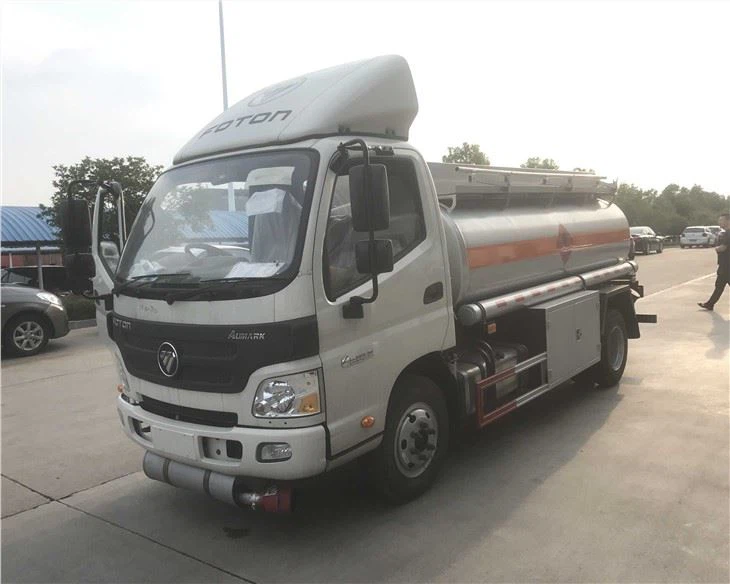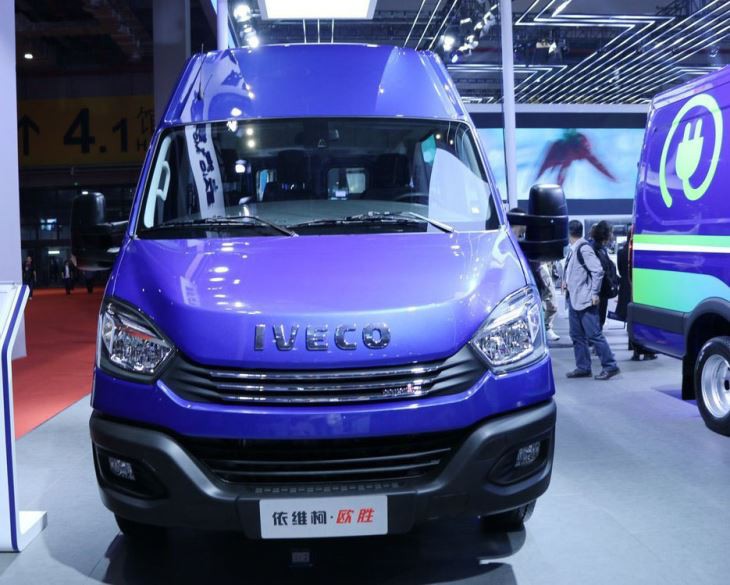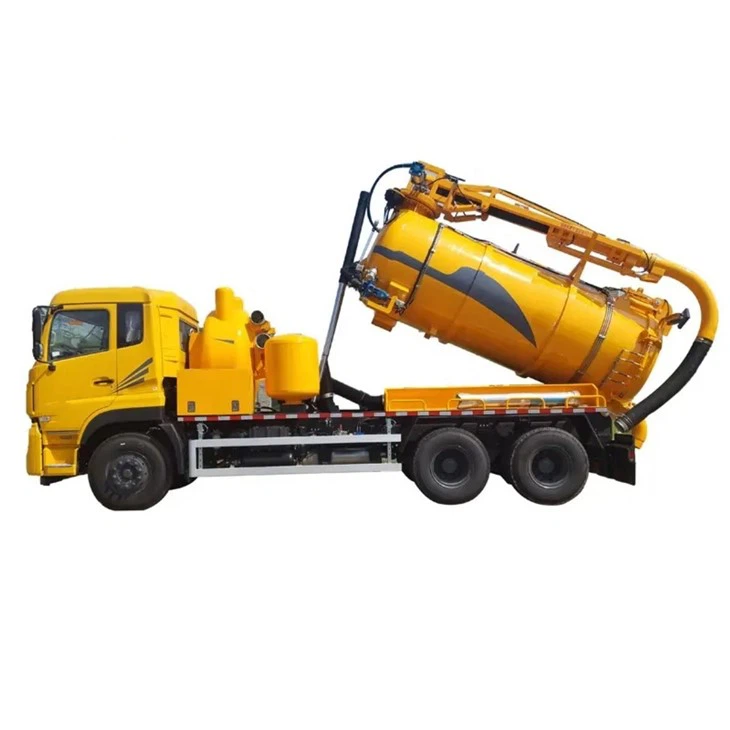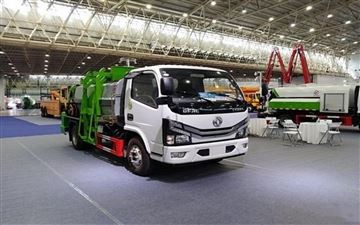10 wheeler trucks are an essential part of the trucking and logistics industry, known for their strength and capacity. These heavy-duty vehicles are commonly used for transporting large volumes of goods over long distances, making them a crucial asset for businesses that depend on freight transportation. In this article, we’ll explore the features, advantages, and various applications of 10 wheeler trucks, providing you with a comprehensive understanding of this vital vehicle.
Understanding 10 Wheeler Trucks
What is a 10 Wheeler Truck?
A 10 wheeler truck typically has a dual rear axle configuration and is designed to carry heavier loads compared to smaller trucks. These vehicles can vary in size, weight capacity, and design but generally feature five axles—two in the front and three in the back—spread across two or more trailers. The extra axles provide stability and allow for heavier hauling capabilities.
Types of 10 Wheeler Trucks
There are various types of 10 wheeler trucks, each catering to different hauling needs:
- Dump Trucks: Designed for transporting loose materials such as sand, gravel, or demolition waste. They are equipped with a hydraulic lift that allows the bed to tilt for easy unloading.
- Flatbed Trucks: Feature a flat, open bed that allows for easy loading and unloading of freight, including oversized items. Flatbeds are versatile and widely used across industries.
- Box Trucks: Enclosed trucks that protect cargo from weather conditions. They’re often used for moving furniture or deliveries of goods.
- Tank Trucks: Designed for hauling liquids, such as fuel or chemicals. These trucks have a specially designed tank to secure the cargo during transport.
The Advantages of Using a 10 Wheeler Truck
High Load Capacity
One of the primary advantages of 10 wheeler trucks is their ability to carry heavier loads. With a typical payload capacity ranging from 20,000 to 30,000 pounds, they are ideal for transporting bulk materials and goods efficiently.
Versatility
10 wheeler trucks are incredibly versatile, suitable for various industries including construction, agriculture, logistics, and more. Their ability to switch between different body configurations makes them useful for numerous applications.
Enhanced Stability and Control
The additional axles provide enhanced stability, which is crucial when carrying heavy loads. This stability results in better handling, particularly in adverse weather conditions, reducing the risk of accidents.
Cost-Effective Transportation
While the initial investment in a 10 wheeler truck may be higher than smaller trucks, their ability to carry larger loads means that businesses can save on transportation costs per unit of goods transported.
Key Features of 10 Wheeler Trucks
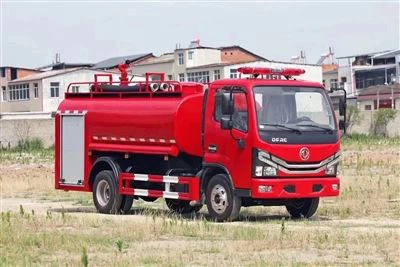
Engine and Performance
10 wheeler trucks are equipped with powerful diesel engines that offer a balance of torque and efficiency. Depending on the model, these trucks typically have engines ranging from 300 to 600 horsepower.
Safety Features
Modern 10 wheeler trucks come with a variety of safety features, including:
- Anti-lock Braking Systems (ABS): Prevents wheel lock-up during emergency braking, allowing for better steering control.
- Stability Control: Helps prevent rollovers by adjusting the engine power and applying brakes to individual wheels.
- Cameras and Sensors: These assist in blind-spot monitoring, making it safer to maneuver and park the truck in tight spaces.
Fuel Efficiency
Fuel efficiency is an important consideration for any trucking operation. Many 10 wheeler trucks are designed with fuel-efficient engines and aerodynamic features to reduce drag, helping businesses save on fuel costs.
Applications of 10 Wheeler Trucks
Construction Industry
In construction, 10 wheeler dump trucks are invaluable for transporting materials like soil, gravel, and concrete. They enable quick and efficient transportation to job sites, enhancing project timelines.
Logistics and Freight
In the logistics sector, 10 wheeler box trucks are commonly used for deliveries within urban areas. Their size strikes a balance that allows for navigating city streets while still having a significant cargo capacity.
Agricultural Use
Agricultural businesses often utilize 10 wheeler trucks to transport large quantities of crops or livestock within and between farms, making the process of logistics seamless and fast.
Waste Management
Dump trucks are also widely used in waste management, hauling construction debris and municipal waste to disposal sites. Their design allows for efficient loading and unloading.
Maintenance Tips for 10 Wheeler Trucks
Routine Inspections
Regular inspections are essential for maintaining the performance and safety of 10 wheeler trucks. Components such as brakes, tires, lights, and fluid levels should be checked frequently.
Tire Maintenance
Since tires carry the weight of the load, proper tire maintenance is crucial. Ensure that tires are regularly rotated, aligned, and replaced when necessary to prevent accidents.
Engine Maintenance
Routine oil changes and engine checks are vital to keep a 10 wheeler truck functioning at its best. Follow the manufacturer’s recommendations for maintenance schedules.
Buying vs. Leasing a 10 Wheeler Truck
Benefits of Buying
Purchasing a 10 wheeler truck can be advantageous for companies that require regular hauling capabilities. Ownership allows for customization and potentially lower costs in the long run.
Benefits of Leasing
Leasing offers flexibility and less upfront financial burden. It can provide access to newer models and updated technology without the long-term commitment of ownership.
Cost Factors of Owning a 10 Wheeler Truck
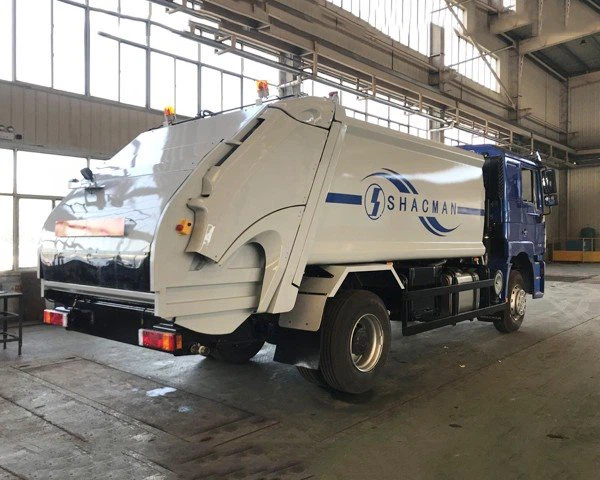
Initial Purchase Price
The purchase price of a new 10 wheeler truck can range from $50,000 to $150,000, depending on the model and specifications. Used trucks typically cost less but may require upkeep.
Insurance Costs
Insurance for 10 wheeler trucks can be significant, driven by factors such as driving records, truck age, and value. Expect to pay between $5,000 and $15,000 annually.
Operational Expenses
Fuel, maintenance, tolls, and driver wages are ongoing costs that need to be factored into the overall ownership cost. A budget should include an estimate for all variable and fixed expenses.
Maintaining Compliance with Regulations
DOT Regulations
Drivers and operators of 10 wheeler trucks need to adhere to the Department of Transportation (DOT) regulations, which include weight limits, safety inspections, and proper licensing.
Licensing Requirements
To operate a 10 wheeler truck, drivers must have a valid Commercial Driver’s License (CDL). This license requires passing specific tests and maintaining up-to-date health and driving records.
Frequently Asked Questions
1. What is the maximum load a 10 wheeler truck can carry?
The maximum load capacity for a 10 wheeler truck typically ranges between 20,000 to 30,000 pounds, depending on the specifications and model.
2. What type of license do I need to drive a 10 wheeler truck?
To drive a 10 wheeler truck, you need a Commercial Driver’s License (CDL) that qualifies for the weight class of the truck.
3. How often should I service my 10 wheeler truck?
It’s advisable to have your truck serviced every 3,000 to 5,000 miles or according to the manufacturer’s recommended schedule to ensure optimal performance.
4. Are 10 wheeler trucks fuel efficient?
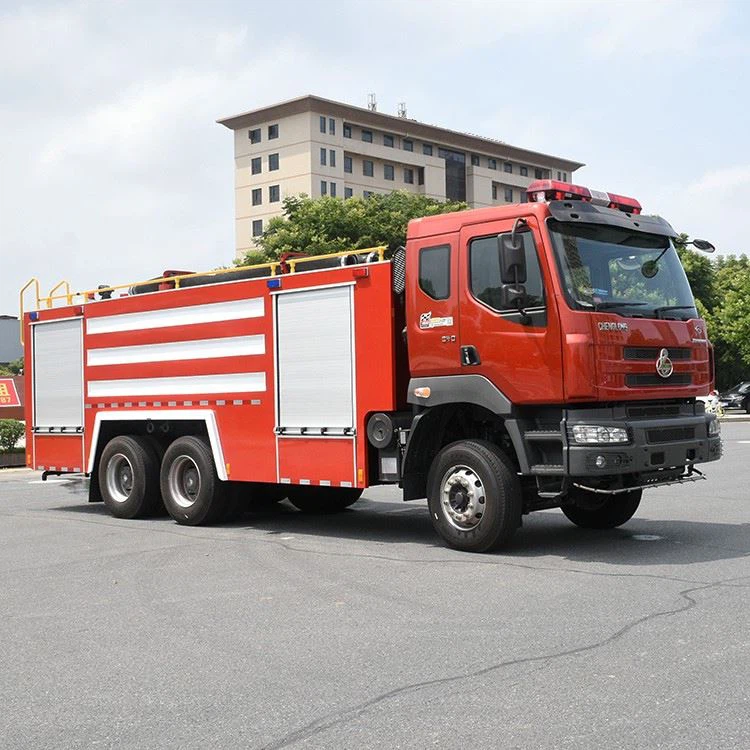
Modern 10 wheeler trucks are designed with fuel efficiency in mind, and many models offer competitive fuel consumption rates based on their heavy-duty capabilities.
5. What are the main maintenance costs associated with 10 wheeler trucks?
Main maintenance costs include regular oil changes, tire replacements, brake inspections, and any engine repairs. It’s important to budget for these recurring expenses.
6. Can I rent a 10 wheeler truck?
Yes, you can rent a 10 wheeler truck from various rental companies that provide access to commercial vehicles for both short-term and long-term needs.
